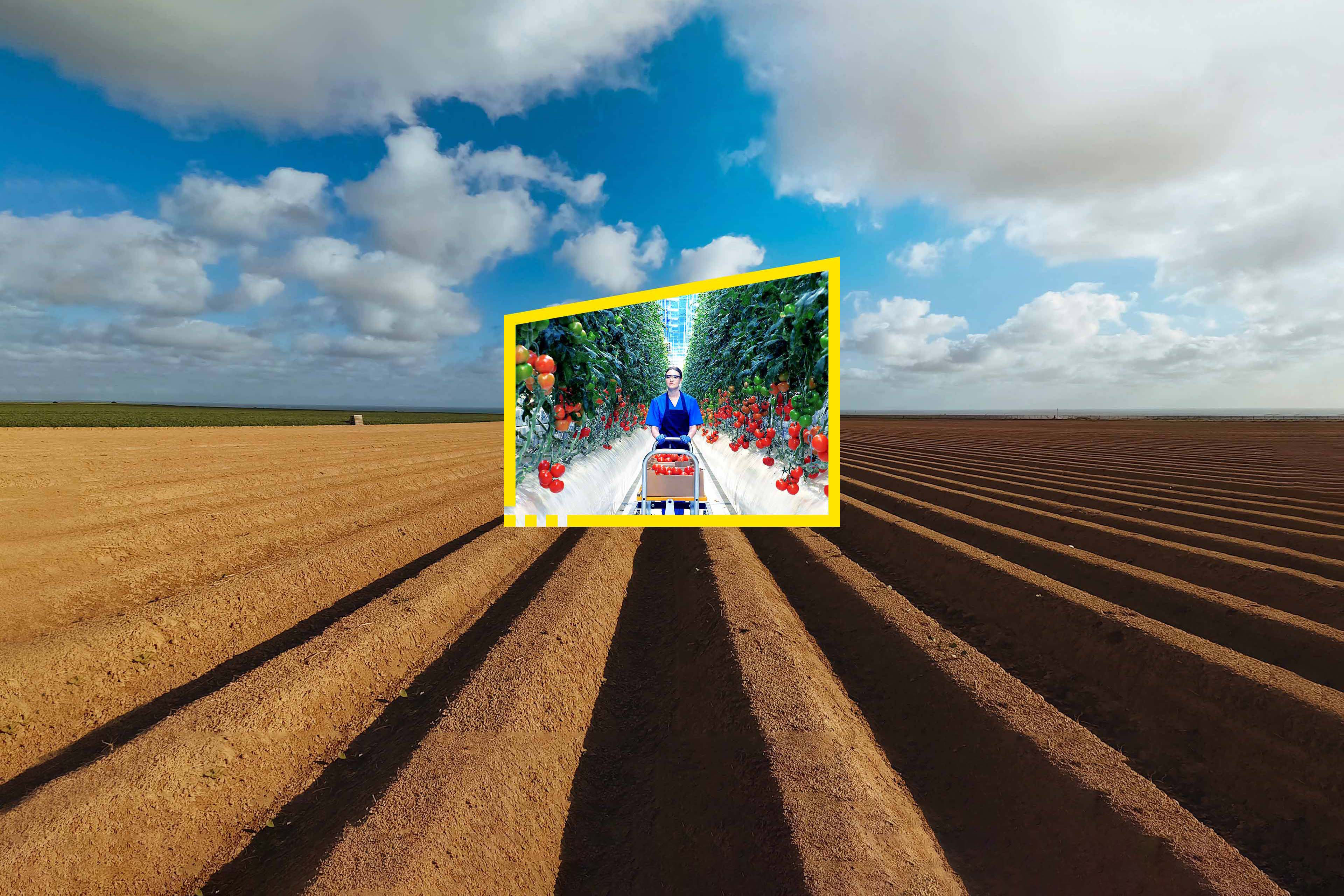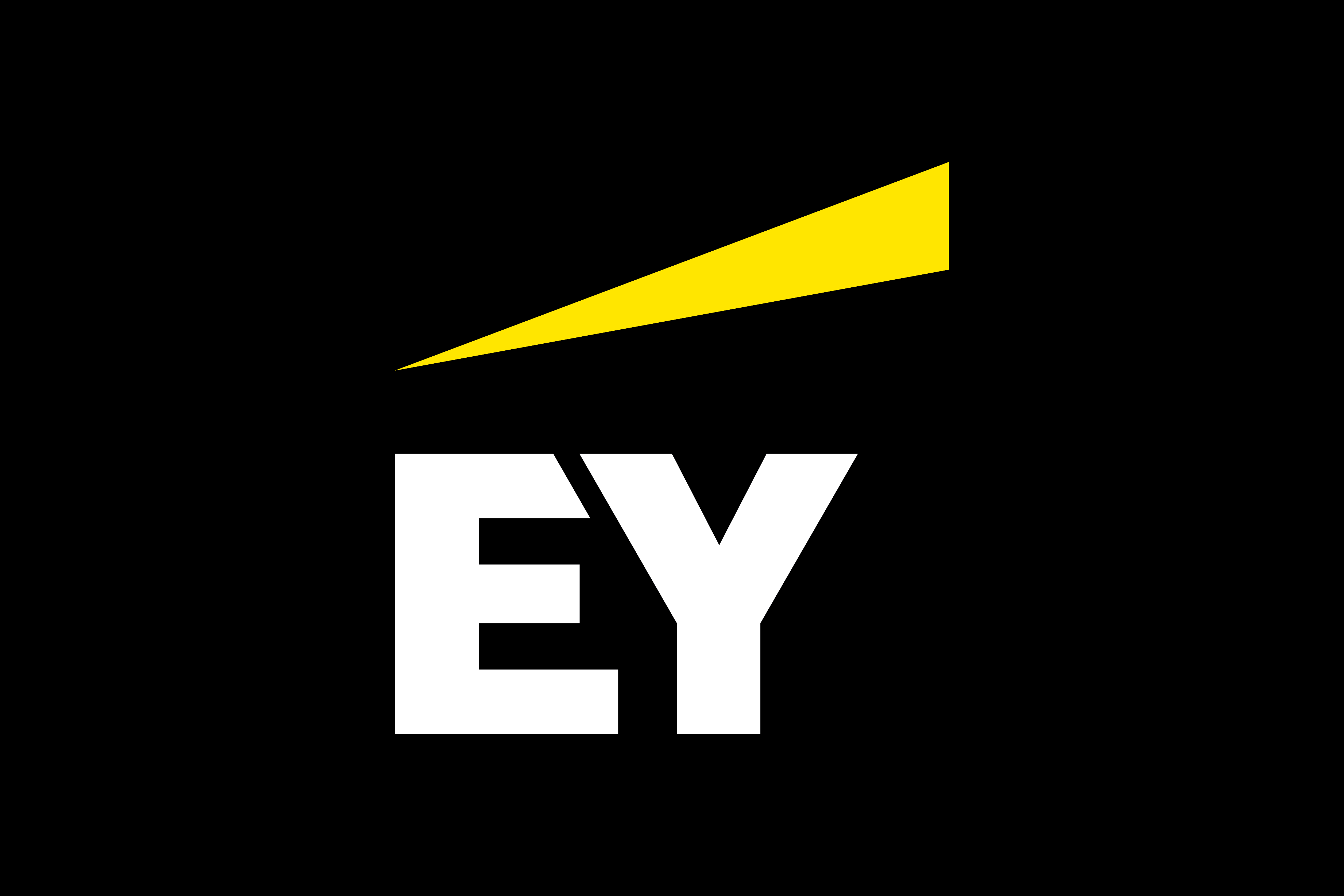EY refers to the global organization, and may refer to one or more, of the member firms of Ernst & Young Global Limited, each of which is a separate legal entity. Ernst & Young Global Limited, a UK company limited by guarantee, does not provide services to clients.

From the family garage to more than 70 countries with the help of the second generation
With its optimised website and a superb user experience, the company now distributes mechanical components to virtually the entire world and is considered a leader in its field. In more than 72 countries, they are helping to find solutions when it comes to bearings, as well as linear and power transmission technology. Their knowledge and experience help them provide their customers with consulting and technical support. These goals, which Danica Pleško, the founder of Tuli, never considered when she was setting up the company in the family garage, are now coming to life under the leadership of her children, Urška, Jure, and CEO Erika.
When I saw that we were only covering Slovenia, I said to myself that things couldn’t go on like that. We needed to go abroad. Selling our goods globally has to be our goal. Nowadays, we’re selling in 72 countries and growing.

“Erika, Urška, and Jure, members of the second generation, who are now carrying on the success story of the family business, have always enjoyed working at Tuli. Danica is very proud of her children and their work.
Her cooking sometimes suffered
Danica Pleško founded Tuli with a coworker Marko Hostnik from Metalka, where she was employed in the Yugoslav era. The administration expert and the sales expert joined forces and began to create a success story that is now becoming global. “Our first product range included only bearings because the Slovenian and Yugoslav markets were big enough at the time,” the founder explains.
Right from the start, Danica prioritised a balance between her family and professional commitments: “This was an intertwining of the family and the company. I tried to cook something while I was at work. Sometimes, I burnt the food I was making,” she laughs. “When my kids were still at school, I felt I had to be available to them.” She found comfort in the fact that she received support from her coworker.
After his retirement, Danica was joined by her husband Jože Pleško who, until then, had his own transport business. “At the beginning, the partner relationship suffered a bit. But we made it and got the company to where it is today,” she explains.
A young generation that grew up with bearings
With not one but two companies in the household, Danica’s children quickly developed their work ethic: “We soon got them involved because there was always paperwork to manage, facilities to clean, and so on. They grew up with that,” Danica explains. Laughing, she recalls how her customers responded to the self-confidence of daughter Erika, who is now the CEO: “When I left home, I told her that a customer was on the way, but we hadn’t yet figured out what bearing she wanted to buy.” When my daughter asked the customer what product she wanted, the customer was astounded to see a ten-year-old ask her about bearings.”
Erika, Urška, and Jure, members of the second generation, who are now carrying on the success story of the family business, have always enjoyed working at Tuli. As Urška explains, “In the summer, we sometimes had to help out on the family farm and work in the garden. We quickly learned it was better to work in the shade with paperwork.” Erika adds: “When you’re a kid, you think that’s the way things are. You don’t think about how other families function.” You have to work. It’s a part of your everyday life.”

“By leveraging digitalisation and automation, the company aims to create the best possible customer service experience.
Tuli was never a burden; now it’s a great opportunity
Despite their early links to the company, the children did not see their future in it right away. This wasn’t even expected from them: “My mom kept saying that she didn’t want Tuli to be a burden for me, that it was her project and that we should live our own lives,” explains Erika, who joined the company after seven years of exploring the world. Jure, a mechanical engineer, agrees: “As a more technical type, I was the most likely to stay at home, but I never felt the burden of expectations or pressure.” He remembers the day he joined the team after graduating: “I decided to start my career in the family business, and if we didn’t make any progress in two years, I would continue my career elsewhere.” We made it and I’m still here.”
Urška, the eldest daughter, worked for another big corporation in administration for ten years: “I wasn’t happy because I couldn’t coordinate the work with my family. When the company grew, my brother and sister invited me to join the team because they needed someone familiar with paperwork. I was happy to join them.”
The parents’ trust in the knowledge and competence of their children was the key to the successful transfer of the company.
 Danica Pleško founded Tuli with a coworker from Metalka, where she was employed in the Yugoslav era.
Danica Pleško founded Tuli with a coworker from Metalka, where she was employed in the Yugoslav era.
Times and business practices are changing
One of the foremost values that Danica passed on to her children was putting the customer first: “We often had people call on Saturdays and Sundays. I always taught my children to be accommodating because you’re rewarded for it,” she remembers. Erika adds: “Mom always said that we can’t drive a paying customer to someone else.”
But times have changed — now they need to say “no” occasionally, which they had never dared to do before: “If you fall into the trap of always saying ‘yes’, there’s no way out. Then there are complaints and bad feelings. The entire system collapses,” explains Erika.
Before launching any project today, team members first check if it aligns with their values. The company prioritises interpersonal relationships, innovation, success, adaptability, and responsibility. To bring their values to life, the team received help from Tanja Skaza of Plastika Skaza and Skaza IP and the founder of the Skaza Institute, who became their mentor. “Before, we felt that we had to do everything right away.” Tanja explained to us that an e-mail can wait for three hours, that invoices can be paid just once a week, and that you need to have a quiet hour at work. She shared important knowhow, which we used to make changes that we had been afraid to introduce,” recalls Urška.
The second generation set up many things differently, but everyone agrees that the transfer of power between generations was smooth: “My husband and I handed over the company gladly. We never got involved in my children’s decisions because we know they had plenty of acumen and were responsible.” Erika agrees and adds: “We’re grateful to Mom and Dad for making this decision. For letting go of the company.”
 Right from the start, Danica prioritised a balance between her family and professional commitments.
Right from the start, Danica prioritised a balance between her family and professional commitments.
Turning a weakness into a strength
Danica is very proud of her children and their work: “At first, we didn’t have big plans with Tuli. Our salary was the goal. We weren’t driven to build our business. Our children are now doing that.” Today, the company is distributing its products to 72 countries. The international expansion is, in part, the result of Erika’s wandering spirit. She felt it was wrong for the company to limit itself to Slovenia: “At first, we sought foreign contacts using sheer determination, adaptability, and lots of Googling.” Then we set up our online store. Jure brought it to life. It’s his project.” When he joined the company, the company began to take big strides toward digitalisation.“Our global and online presences are the driving forces of our growth. We’re building an online store selling mechanical components, and we want to provide the best user experience,” Jure explains.
Their biggest breakthrough came when they established links with the biggest warehouses abroad. They are the ones that send the order to the customer with our paperwork, which means there is no intermediate station in Slovenia. In doing so, we managed to cut delivery times and costs. Shorter supply lines are also good for the environment,” says Erika proudly. She adds: “We transformed our biggest weakness — not having our own stock — into our biggest advantage.”
The company also demonstrates its care for the environment by working with Treecelet, an organisation that plants trees in their name around the world.
The future is in digitalisation and artificial intelligence
And what does their future look like? As they keep pace with the latest developments, they will make use of the advantages and opportunities provided by AI: “Our main project is localising our online store for various countries and automating the processes. If things turn out ideally, we will one day simply watch orders being sent out all by themselves,” jokes Jure. More proof that they are on the right track came in the form of their win in the first competition of B2B e-commerce projects organised in October 2024 by Finance Newspaper.
Despite his ambition, Jure keeps his outlook firmly grounded: “Almost every country has its regulations in terms of documentation, shipping, and so on. Our partners realise that we’re trying to prepare for all sorts of scenarios first, so things can be complicated — but we’re taking things step by step.”
Company name: TULI d.o.o., Ljubljana
Number of employees (2023): 7
Net sales revenue (2023): €2 million
Interviewees:
Danica Pleško, Founder of Tuli d.o.o.
Jože Pleško, co-owner
Erika Pleško, CEO
Jure Pleško, Technical Director
Urška Rubin, Accounting and administration
Summary
TULI in a nutshell: mechanical components, online store, interpersonal relations, customer-centred approach, trust.



